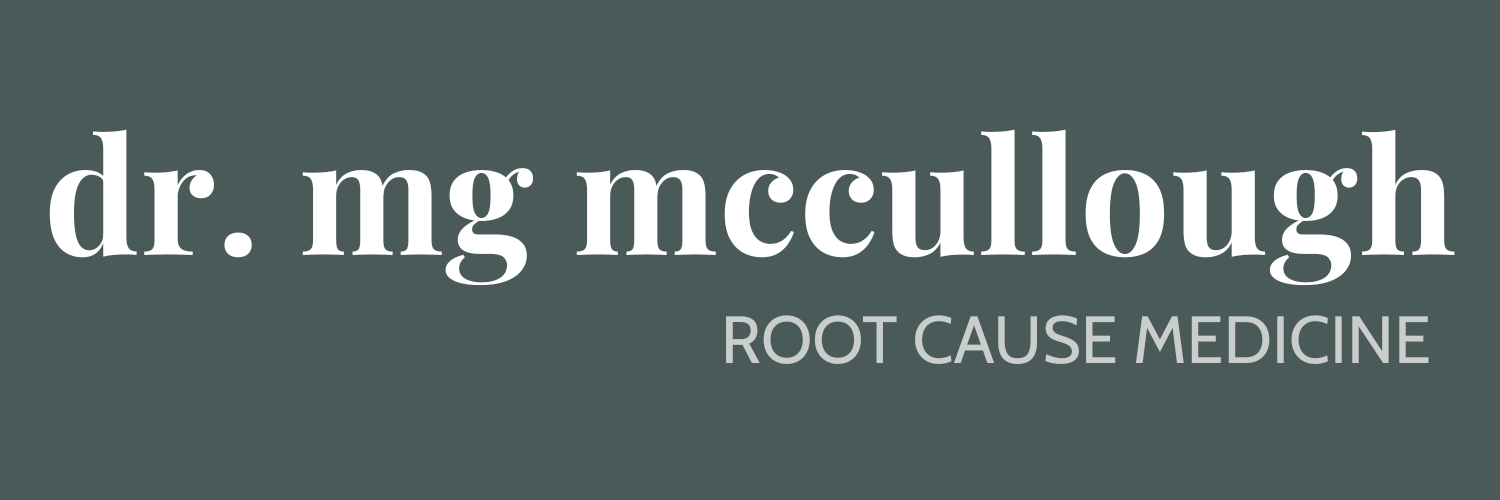what can i use herbs for?
Nothing is more frustrating than feeling horrible, seeing a medical doctor, and then being told that you likely have a viral infection and that a prescription isn’t necessary. But, this is responsible medicine. Unfortunately, as in any field, customer service is a factor in continued business, and some doctors feel pressured to just write the script, regardless of the fact that it may not be appropriate. The even trickier thing is that on the consumer side, after about six or seven days, the patient feels better and attributes that to the antibiotic, when it was likely a viral infection that has run its course.
Antibiotics are life saving and should not be discounted, but their function should also be respected both from a benefits and a risk perspective. 23,000 people die due to antibiotic resistance every year in America, so it’s more important than ever to be cautious when prescribing or taking antibiotics, especially when there is herbal medicine that is equally effective. Let’s take a look at two main problems with the overuse of antibiotics, and if you’d like to learn more about Chinese herbal medicine, have a read here.
THE FIRST: antibiotic resistance
Between 70 & 80% of ALL antibiotics produced in this country are used in agriculture.
This means that when we eat conventionally raised meat, we are more likely to ingest antibiotics because sickness is more common when animals are overcrowded (just as it was/is for people who live in overcrowded conditions), and antibiotics are more frequently used.
As we (perhaps unknowingly) increase our exposure to antibiotics, we also increase the possibility of drug resistant bacteria.
I absolutely believe that animal products are beneficial to our overall health, but as Diana Rodgers, RD, of Sustainable Dish says “it’s not the cow; it’s the how”. Paying attention to how the animals we consume were raised is an important factor for a variety of reasons, but for now, we’re just focusing on consumption of antibiotics.
In case you’re resistant to this idea (see what I did there?), consider that we know this concept to be true when it comes to concern about our mercury accumulation through fish. Mercury gets into the air from coal burning plants and then eventually, into the water supply. Larger fish, like shark and tuna, contain higher levels of mercury because they eat lots of smaller, mercury-containing fish; when we eat the fish, it accumulates in our bodies based on the type of fish, quantity, and frequency that we eat. If you want to read more about mercury guidelines, you can click here for info from the National Resources Defense Council.
THE SECOND: damage to the microbiota
Antibiotics are still being used both in cases where they are unnecessary and where herbal medicine could be used instead.
We are becoming more aware and cautious about over prescribing antibiotics, as we learn more about how important the microbiome is for our overall health, but there are so many things for which we still commonly think an antibiotic is necessary.
For example, did you know that 80% of ear infections are viral rather than bacterial?
Something I frequently hear is that someone was prescribed an antibiotic for strep throat, for example, based on a patient’s symptoms--the pain and appearance of a purulent throat but without a culture. I’ve personally had the experience of having had the “textbook” looking throat that feels like shards of glass but when cultured, was actually not strep throat, as it had been previously. Had antibiotics been prescribed to me without a culture, I would have negatively affected my gut flora and for no reason.
There are a variety of herbal formulas that can be used in place of antibiotics for anything you would typically think of needing an antibiotic for--sinus infections, bronchitis (also largely viral), strep throat, ear infections, pneumonia, and urinary tract infections.
Adults, as well as children, can take herbs when they get sick, which can help everyone feel better soon without the drawbacks of antibiotics like damaging gut flora, which then makes you more susceptible to future illness.
Even though rest is an important part of recovery, herbs are particularly useful when you DON’T have a bacterial infection. They can really make a difference in your comfort level, allowing you to rest better, and get well sooner.
Next time you or your family member is sick, look for an acupuncturist who is certified in Chinese herbal medicine through the National Certification Commission for Acupuncture and Oriental Medicine (NCCAOM) or otherwise, certified herbalist.

